The love of life in any case will make you fight to the last, and it's better to know in advance how to do it. Just in case a nuclear explosion doesn't take you by surprise.
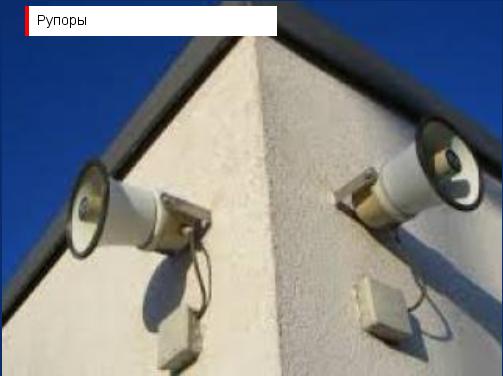
Despite the fact that in our country they talk all the time about the collapse of the army and everything, everything, everything, early detection and GO systems are still working. You won't die in ignorance, of course, if you hear. When a real threat arises, the horns hanging at intersections and houses will come to life, proving that they are not a meaningless decoration, but working devices. After that, they will tell EVERYONE through them, and then about the threat, for example, about a nuclear missile attack.
So if you hear strange sounds calling for attention, or try to understand what is being transmitted through the horns, or turn on the radio and TV. The same thing is guaranteed to happen on all channels.
The voice from the mouthpiece will also tell you where to run and what to do to survive. You'll hear how much time you have.
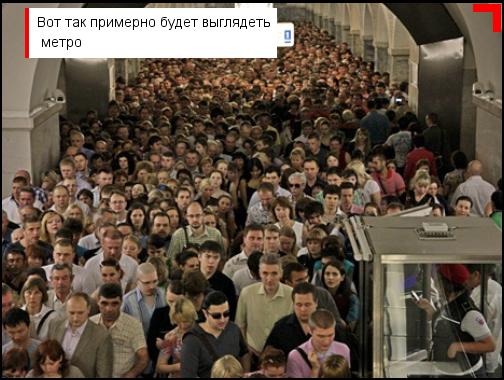
After the fascinating lecture began to be transmitted through the mouthpieces, you, in the worst case scenario, have ten minutes left. You can have time to pray, mentally forgive everyone, or run to the subway. You'll have to run fast — five minutes after the signal, the subway will close.
Working bomb shelters left over from the Soviet era are a luxury that you will definitely appreciate if you are lucky enough to be near him at such a significant moment. If there is a bomb shelter nearby, do not run to the subway.
In all other cases, basements are suitable, for example, the basement of your house or the one in which you will be allowed. The main thing is not to look at the mushroom. Without a doubt, it's just an incredible sight and a worthy memory for all the remaining days or a day, but the eyes go blind from it. So hide in the shadows during the explosion and at least two weeks you will still live. Do not worry — you will have enough acute impressions as it is.
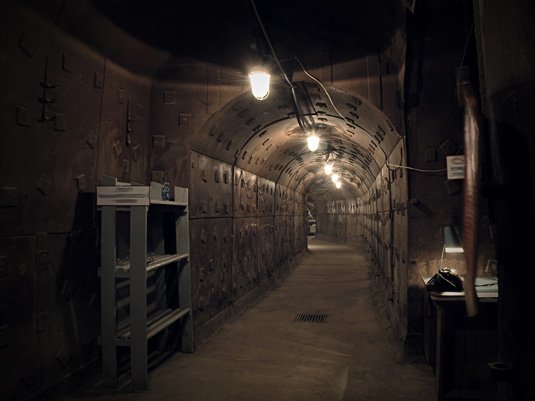
From the late seventies of the XX century to the present, shelters have been built for ordinary citizens that withstand the pressure of a shock wave of 0.1 MPa —type A-IV. Now they are being built not only for ordinary people, but for everyone in general.
The most durable and safe shelters are designed for 0.5 MPa — this is type A-I. Slightly weaker options A-II and A-III by 0.3 and 0.2 MPa, respectively. But don't rub your hands pretty if there's an A-I shelter across the street from your house. It would not have been built just like that, most likely, there is a strategic object nearby, and this is not a hood — they will try to destroy it first of all.
Starting from the late fifties, shelters were built only at 0.15 MPa and 0.3 MPa, but pre-war buildings were not designed for a nuclear explosion at all. But it is still better to meet the explosion like this than in the field, and if the shelter has not rotted away from old age, it may be able to withstand a wave of 0.1-0.2 MPa.
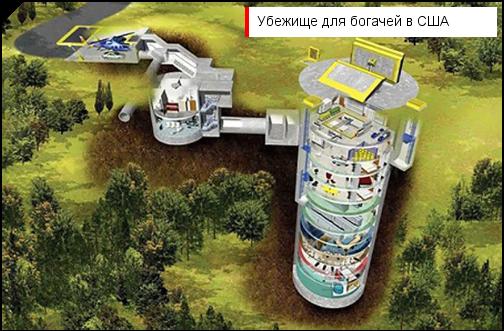
In the sixties, we built shelters of the fifth class by 0.05 MPa, the fourth by 0.1 MPa and the third by 0.4-0.5 MPa. They also built shelters of the second and first classes in the subway and special bunkers. Metro stations at a depth of about 20 meters are second class, and they can withstand not only an air explosion, but also a ground explosion up to 10-15 kilotons, even if it is nearby. Stations and tunnels at a depth of up to 30 meters are the very first class that can withstand explosions with a capacity of up to 100 kilotons.
It should not explode directly over the shelter, but somewhere a hundred meters away from it on the surface of the earth.
And yet — even if you hid in a first-class shelter at the deepest metro station, it's not a fact that everything will be fine with you. Seismic waves disperse from the explosion on the ground and all underground structures are thoroughly shaken. So people in the subway can hurt themselves against walls, equipment and other hard surfaces.

In the first day after the explosion, the slim and athletic ones will be most lucky — it will be easier for them to get away from the epicenter. Remember: the rest of your life, its quantity and quality depend on your speed.
But if you were lucky enough to survive the explosion itself, you should not run away without looking back, in house slippers and with a cat in your hands. Be sure to bring all the important documents with you, there will be something to show to the police, military, officials and everyone else who has survived in your city or came from another.
Undocumented people will start their refugee life with a filtration camp, and if you are not attracted to this prospect, do not forget to grab your passport in a panic. Money, by the way, will not be superfluous either, get out the last stash, it is unlikely that you will return home soon.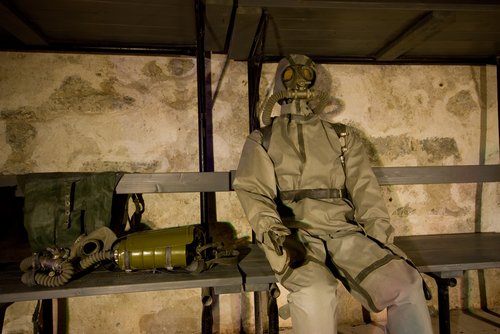
When the explosions are no longer heard, the ground does not shake and nothing falls, there is a choice — to climb out or sit still. If you are in a bomb shelter, not destroyed or looted, you have food and air, you can sit until it's all over. In the first day after a nuclear explosion, the radiation level on the surface is such that protein bodies do not live in it.
Half-life is not a joke, it works, and it works for you. The longer you sit in the basement, the safer it will be to get out. So if before the explosion or immediately after it you don't have a car or at least a bicycle, but there is a bunker with food, choose the latter.
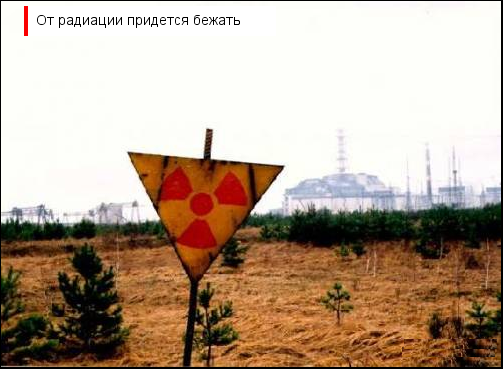
If you can't sit in the basement — there is no food and the air is running out, you will have to run fast while you can still do it. If there is gas in the house, you will have to get out even faster so as not to fry. However, gas is not the decisive factor here — the city is on fire, and death from it is much faster than from radiation. If the basement is completely filled up, it will soon become difficult to breathe, if on the contrary it is collapsed, it will not save from radiation.
The most terrible doses of radiation are near the epicenter, and if you are still alive, then you are far enough away from it. At first, the radiation will hang high in the atmosphere, so you have every chance to react quickly and get out of the danger zone as far as possible.
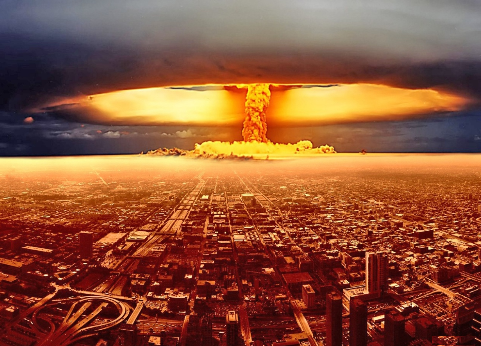
The first thing to do is to determine by the location of the rubble where the blast wave came from. After that, move away to the other side as fast as possible. Do not go downwind — in the first few days after the explosion, dust spread by the wind will pose a special threat. At this time, it contains primary decay products and secondary sources, so if it gets into the respiratory or digestive organs, it will have fatal consequences — radiation will penetrate into vital organs.
Immediately think about respiratory protection, if there is no respirator, cover your mouth and nose with a rag, and in no case breathe through your mouth. Don't eat anything. You can not eat food, you can only drink tap water, in extreme cases — running water, but only if it does not flow from the side of the explosion.
In general, the faster you go, the more chances you have to survive, so it's better not to rest at all. But if the forces have run out, at least you can not sit down and lie down on the ground, and it is advisable to avoid the lowlands.
And the last thing — if it rains, hide anywhere, so long as it doesn't get on you.
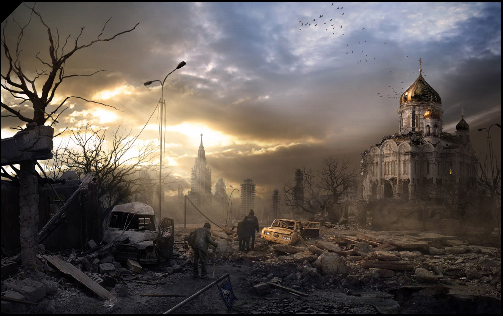
When (if) you got out of the city so that it disappeared from sight, turn on the radio and listen to what good will be said. As soon as they say about the public service points, go there. When (if) you get to the place, pass the control and show your prudently captured documents, you can congratulate yourself — you survived. You will eat all the medications given out, throw away your outerwear, and hope for the best.